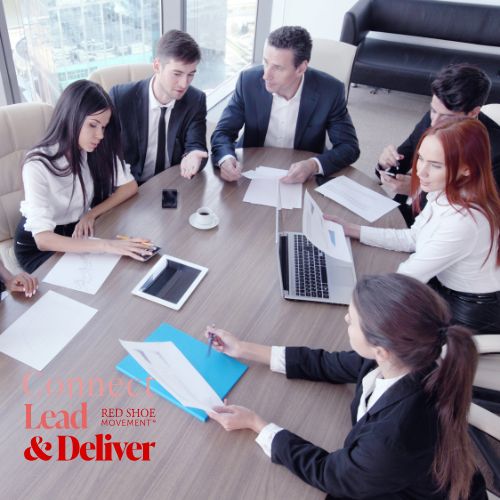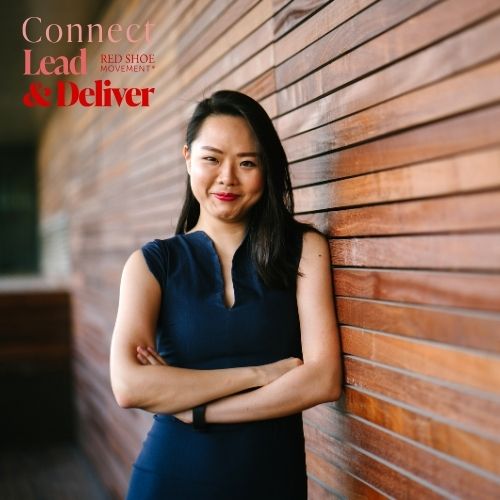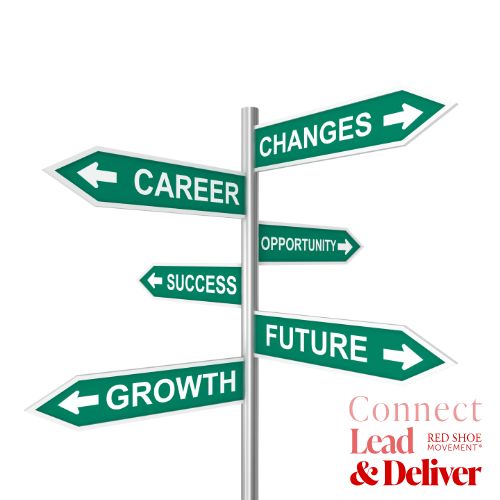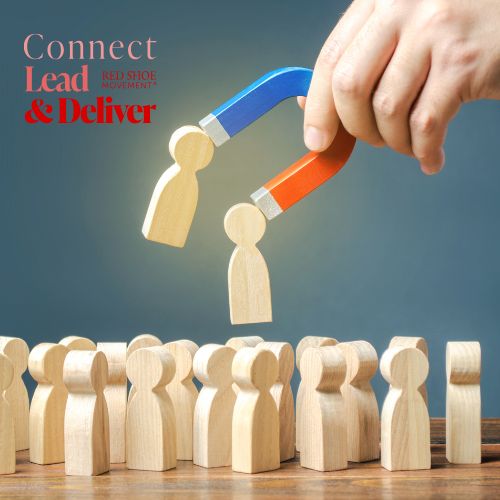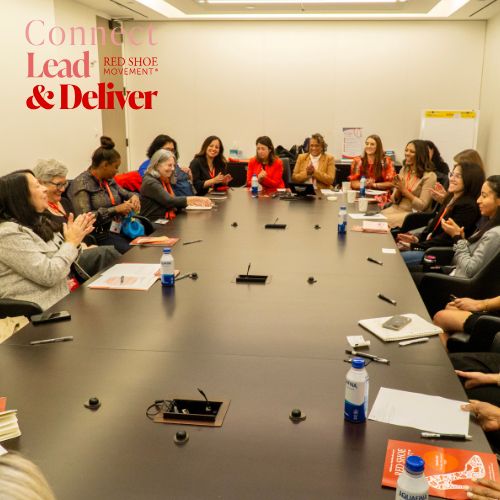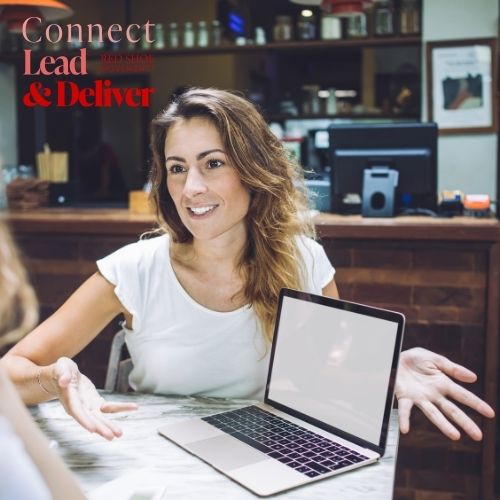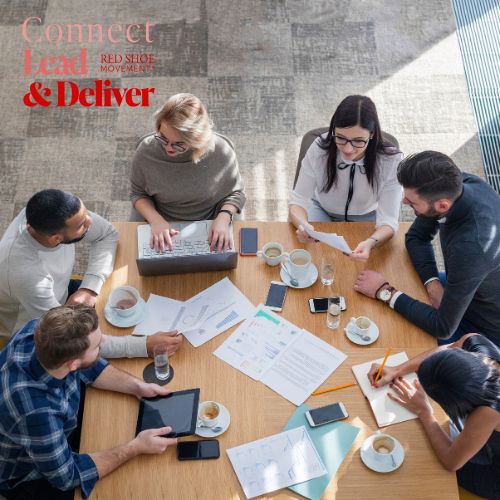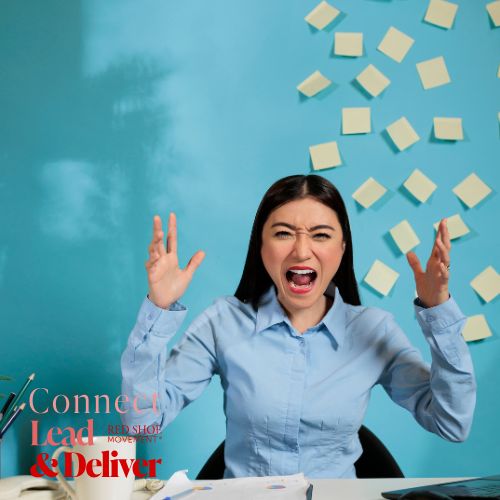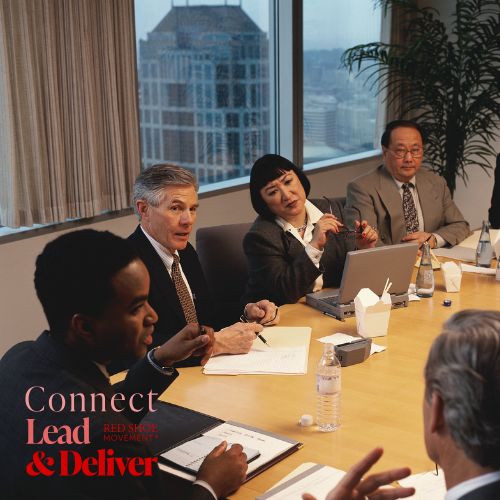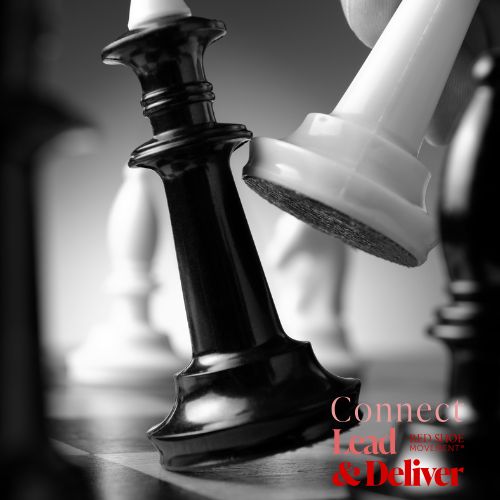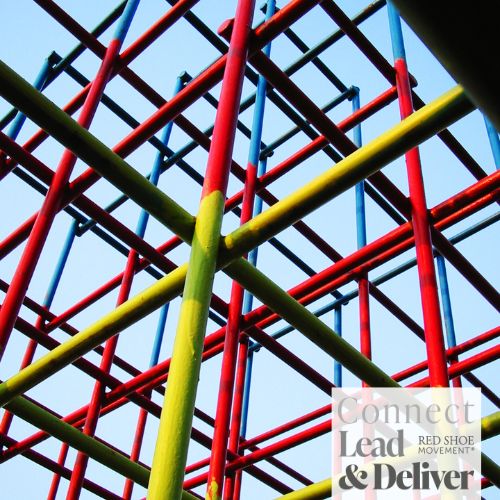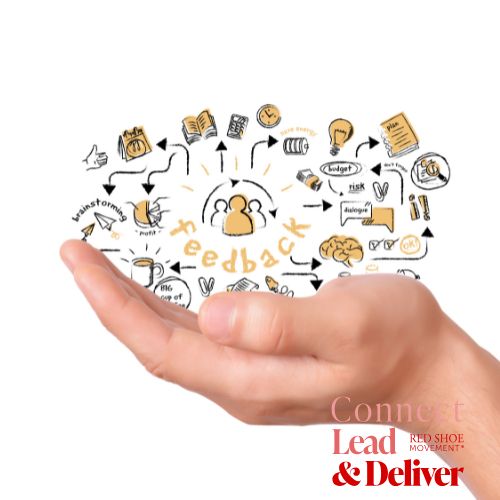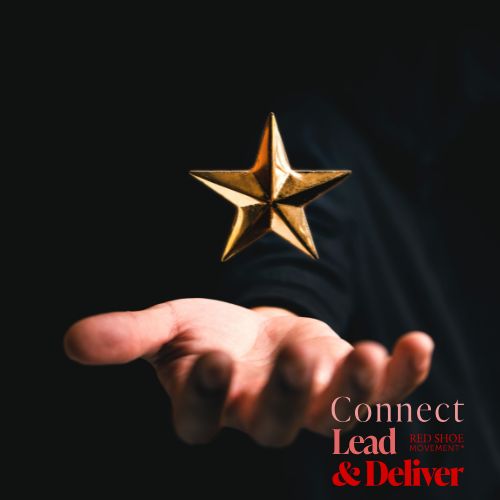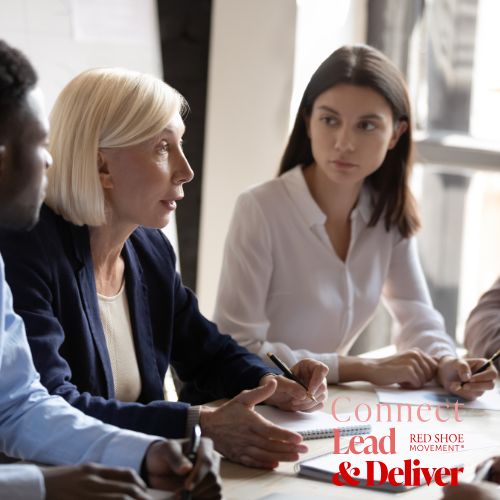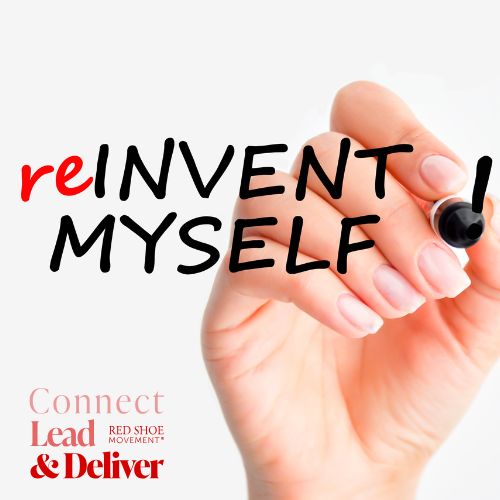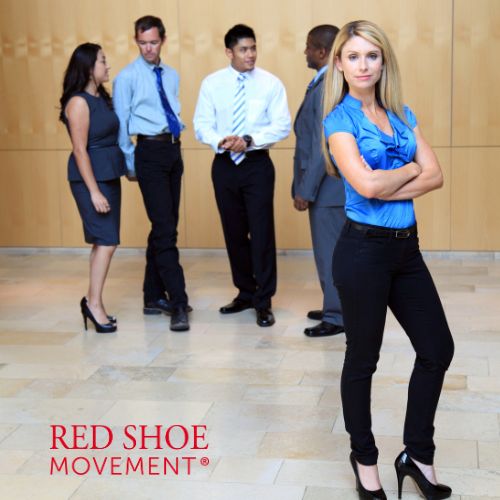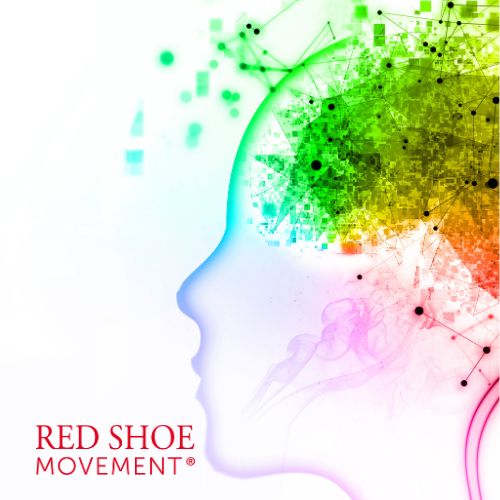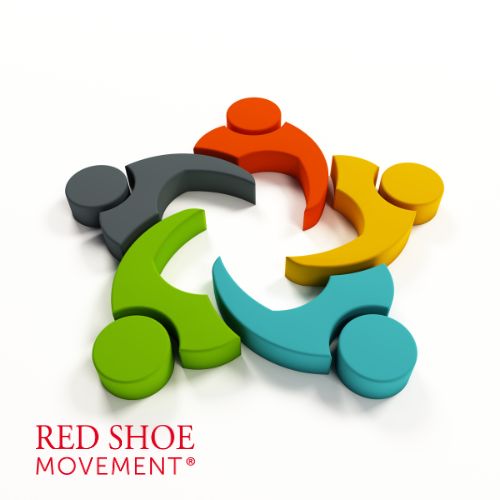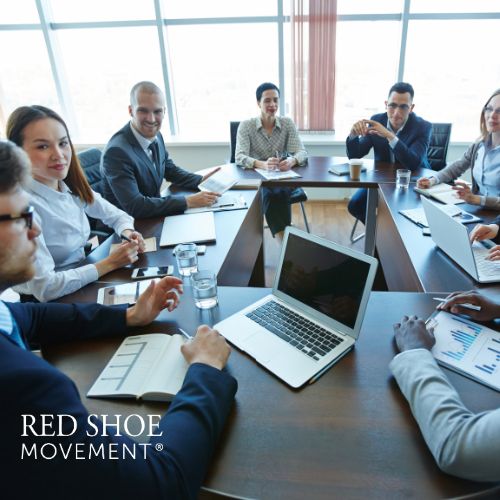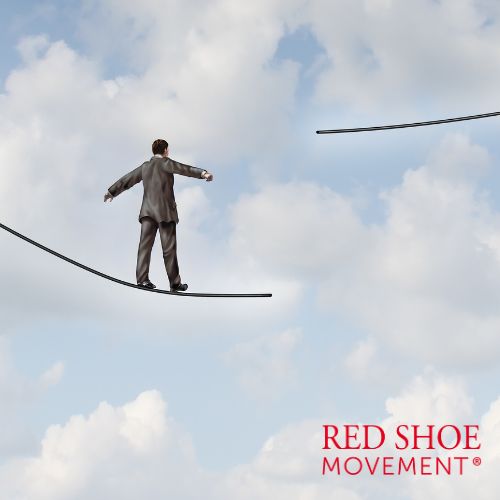Gustavo Carvajal is the #IDEAcatalyst, an open-hearted and open-minded thinker with a passion for dreaming ideas and sharing them with a world that he wants to improve and make more flexible. Today he tells us what we will be like when this is over.
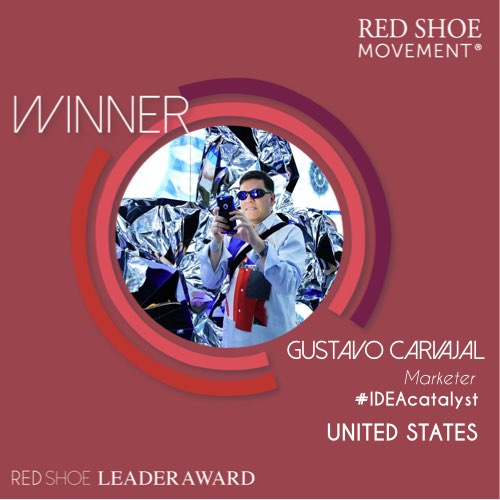
Gustavo Carvajal, one of the winners of the Red Shoe Leader Award 2019, and the creative mind behind some of our most successful communication campaigns, is a coolhunter and anti-marketer born in Bogotá who has resided in New York for many years. From the Big Apple, he shares his unique, fresh, and multicultural perspective through #IdeaTherapy consulting sessions.
Briefly: this is his story. The #IDEAcatalyst shares his passion for ideas through #IdeaTherapy: creative consulting sessions for marketing and communication. Gustavo has contributed his qualitative experience in advertising agencies, thus promoting his Coolhunting platform. He specializes in marketing and communications for lifestyle and social causes.
Before settling in New York, he worked in the film and television industries. He was part of the international marketing teams at Sony Pictures Entertainment (SPE) and Disney. Gustavo is the International Cultural Ambassador of the Patronage Ruta de la Amistad – World Monuments Watch 2012.
Lover of dynamic ideas, Gustavo believes in the importance of being empathetic in the ways in which we communicate with each other, especially in a world that feels vulnerable as a result of the new normal. We are, the IDEACatalyst says, in an era where emotional intelligence needs the effective use of our “EQ” (emotional quotient) for necessary societal changes to take place.
We spoke with Gustavo about the way the world is changing, the repercussion of these changes on each one of us and how things will be when this is over.
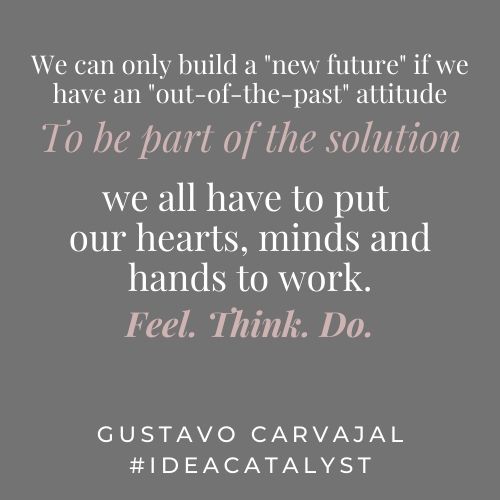
Anti-Marketing: An Important Tool for When This Is Over
Aline Cerdán – Please tell us about anti-marketing? What is it and how does it work?
Gustavo Carvajal –Innovating, frequently means to step out of our ‘comfort zone’, which affects costs, production processes and interaction dynamics. It also requires an open-minded leadership and causes an increased risk for the operation.
Today, forced confinement has promoted introspection as a vehicle to search for trails leading to the light at the end of the tunnel. This healthy exercise is not frequently applied within work teams, even less so at the level of companies and their ecosystems.
The starting point of anti-marketing must be at least a certain ignorance about the new product or service. This way, the team can discover it as a consumer as well as define the type of communication matrix that is most appropriate for launch or sustainability campaigns.
Part of the creativity must be applied to the renewal of marketing strategies, so that communication about products and services is not just aesthetic ‘noise’. Anti-marketing can definitely stimulate a jump-start and the visualization of how we are going to position ourselves within the ‘new normal’ world that is already happening.
AC – How do you think life will be transformed as a result of the restrictions brought by the global pandemic? How will things be when this is over?
GC–We will live at a distance. With events that will be impossible to attend physically, but that we will be attend virtually. There probably won’t be a shortage of virtual therapy sessions when someone discovers that they’ve been left out of a Zoom party. People won’t be able to claim that the invitation was lost in the mail and an entire digital etiquette manual will be built on the fly, just as new pathologies will be added to the catalog. Instead of “spiritual” retreats, more and more digital detoxes will have to be made available.
At the other end of the equation, there will be classes to rescue the art of interacting in real-time with family, friends, colleagues, and strangers. We’ll all have to learn to ‘digest’ losses, where the feelings of mourning will be even more intimate, since the absence of social rituals will not allow us to face them as a group. There is a risk of becoming colder in difficult situations, but hopefully not indolent.
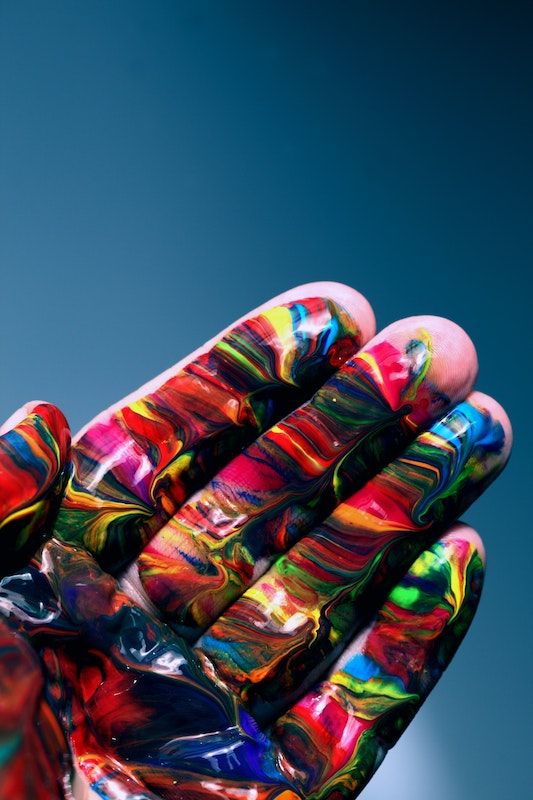
When This is Over: No More Business as Usual
AC– What is “GloCal” and what part will it play in our lives when this is over? How do you think we’re already being redefined by this concept?
GC – The social distancing that’s bound to continue and the more widespread adoption of home office setting will lead to the impracticality of the use of mass transit services. This will determine the existence of demographic groups that won’t be able to leave their communities, in addition to the highly vulnerable groups and the most cautious sectors that will not be able to travel.
I have always known that the more ‘local’ you are, the more ‘global’ you can resonate. This applies to both rural and urban settings. This concept is a tool that we could use with our friends and neighbors to be more aware of the resources at hand.
Today, great talent inserted in the community can find possibilities of expression in existing organizations or new groups so that unsuspected collaborations can blossom at a global level. This will be new support networks that create community and at the same time interact with the networks that each member currently has.
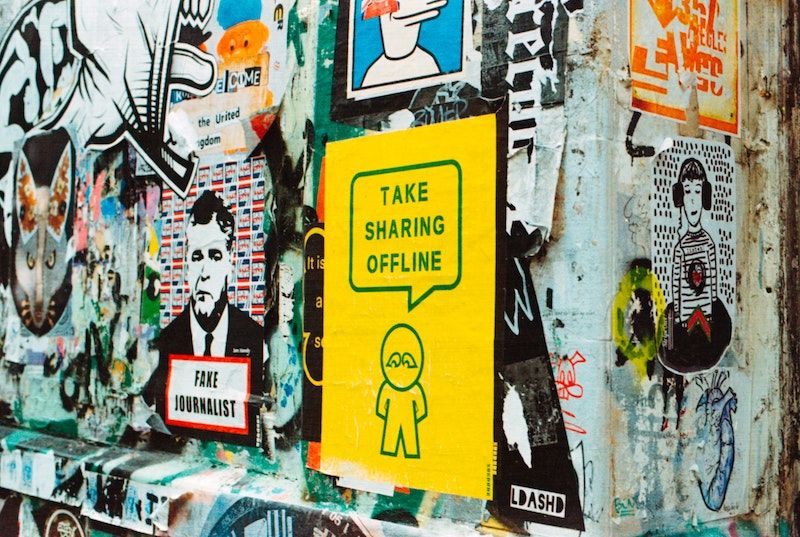
Entertainment and Our “New Essentials”
AC – How will new essentials be defined? How will consumption change when this is over?
GC – Lifestyles are evolving rapidly. In the recent past, the fascination with a brand was based on the wide variety it offered. The “New Normal”, as the prevailing reality, can mark the return to a more generic product, both due to the production capacity, price, availability of supplies and the desire to buy local to rebuild communities.
During their quarantine, a revealing number of consumers have discovered a series of expenditures that were inserted into their daily agenda in a mechanical way, like a routine. This circumstance opens the opportunity to discover ourselves beyond being “Objects for Consumption” and to review how we invest our time and resources. Our real choices.
With more people telecommuting, it will be vital to find more pioneers and promoters who are focused on promoting stores and small business. Individuals integrated into the neighborhood for consumers to explore in more intimate and controlled spaces. This format would refute the ‘Destination Store’ that has been promoted so aggressively and which we have repeatedly turned to. This moment is an opportunity to adjust our “essentials”.
AC – How do you feel areas like entertainment and tourism will be transformed when this is over?
GC – Currently multiple platforms have been delivering content for free. But behind each piece of content there are creators. When it comes to culture, it’s important to stop to think that the talent behind the creations has also been impacted by this. The operating models of companies and organizations must include this factor even more when planning for various future scenarios.
The availability of tons of content promoted to “kill time” does not help the solution. This is all the more paradoxical when audiences, now truly captive, discover that many of the content forms are not designed to be consumed in‘ loop ’24/7.
Media overstimulation requires periods of silence. It is imperative that we all learn to spend more time with ourselves. As a personal opportunity for reflection and human recharge.
Likewise, there are examples of active citizens who provide well-being to communities that come together around particular interests. This is the case of a young Iberian poet who just in March was scheduled to launch her book in South America. For obvious reasons, this was postponed. However, in conversations with friends, they came up with a very poetic solution … #PoesiaEnTuSofa (#PoetryFromYourCouch) via Instagram.
In the end, we have all been affected in one way or another by this global circumstance. Perhaps the way to face vulnerability is through the force of hope and the multiple manifestations it has…in my case, in the form of poetry that emerges in the spring.

Imagination to the Rescue!
AC – You believe creativity will be the basis of productivity, can you elaborate a little?
GC – The average marketing professional has had a “One-Size-Fits-All” approach when it comes to providing answers to consumers. Over time, we have found that this approach is too limiting.
In a way, we have to understand that we are all creative and that we can make creativity intrinsic to everyday moments. It would be beneficial if we understood the creative process as an integral part of productivity and not exclusively as a playful exercise.
We can only build a “new future” if we have an “out-of-the-past” attitude to be part of the solution, we all have to put our hearts, minds and hands to work. Feel, think and DO.
AC – How can we go from reactive to proactive?
GC – Although such an unexpected circumstance initially implies a natural attitude of reaction, we as a community must have an aptitude for action. It is a call to use the sense of ingenuity for community well-being and thus build ties, lasting bonds that design and forge the future.
It is time to take advantage of flexible, future-oriented thinking – with the ability to adjust the sails to the wind, to challenges – and exercising a leadership which includes empathy. It is a time to experiment solutions and get “modest big” common achievements.
In the end, all of us have simultaneously learned during these weeks to live without some things that we previously considered absolutely essential. It is time to focus on the “On/Off” interaction with our surrounding environment. And above all, it’s time for a much-needed personal, family, community, and business introspection. So, as a group, we can make life a little bit better.
Follow Gustavo Carvajal’s #IDEAcatalyst #IdeaTherapy
Instagram: @IdeaCatalyst
Twitter: @IdeaCatalyst1















